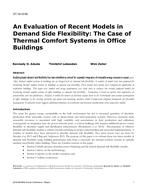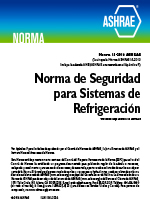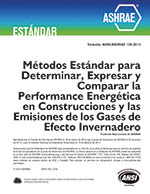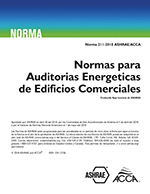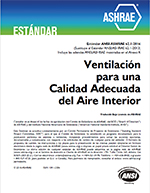Description
Building based demand side flexibility has been identified as critical for successful integration of renewable energy resources in power grids. Also, thermal comfort systems in buildings are an integral part of demand side flexibility. A number of models have been proposed for harnessing thermal comfort systems in buildings as demand side flexibility. These models have mostly been evaluated for application in residential buildings. This paper uses comfort and energy performance case study data to evaluate two recently proposed models for harnessing thermal comfort systems in office buildings as demand side flexibility. Evaluation is based on metrics that emphasises on practicability and cost effectiveness. Analysis is within the context of electricity supply chain in the Netherlands and assumes participation of office buildings in the existing electricity day-ahead and balancing markets within Europe-wide proposed framework for flexibility management. Evaluation results suggests additional proposals on constraints and practical considerations when using these models.
Citation: 2016 Annual Conference, St. Louis, MO, Conference Papers
Product Details
- Published:
- 2016
- Number of Pages:
- 8
- Units of Measure:
- Dual
- File Size:
- 1 file , 2.4 MB
- Product Code(s):
- D-ST-16-C038
